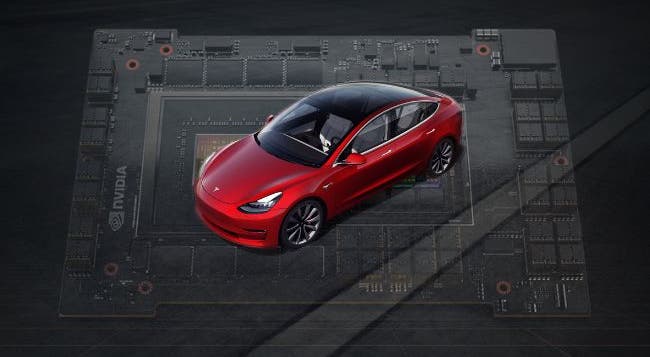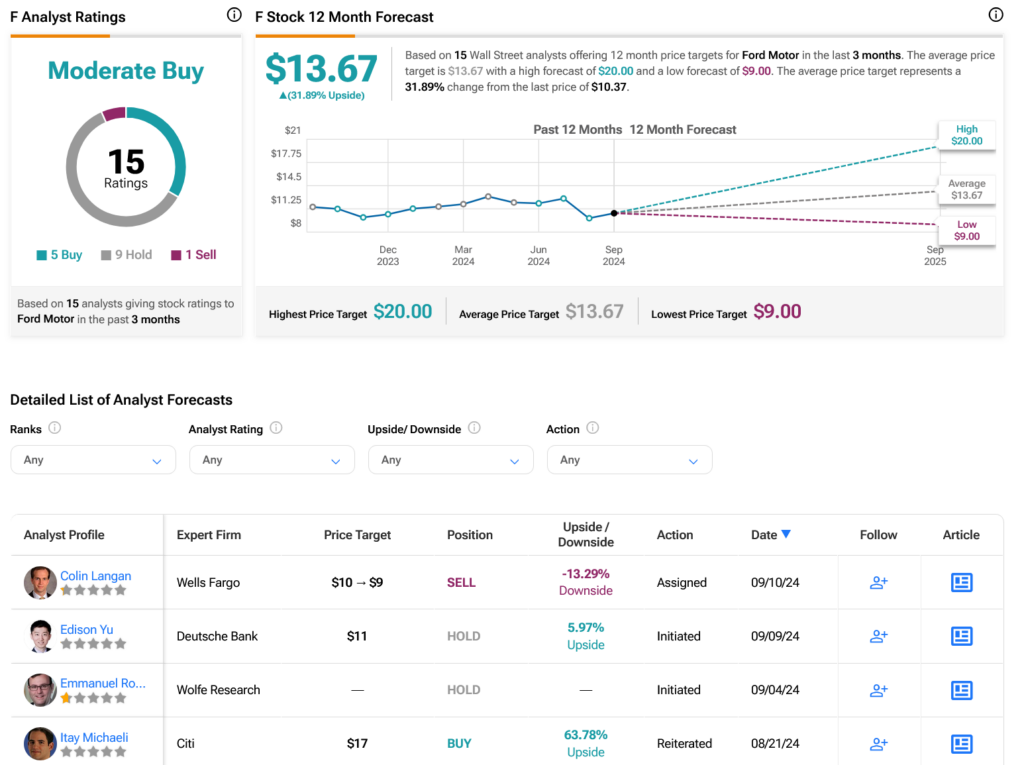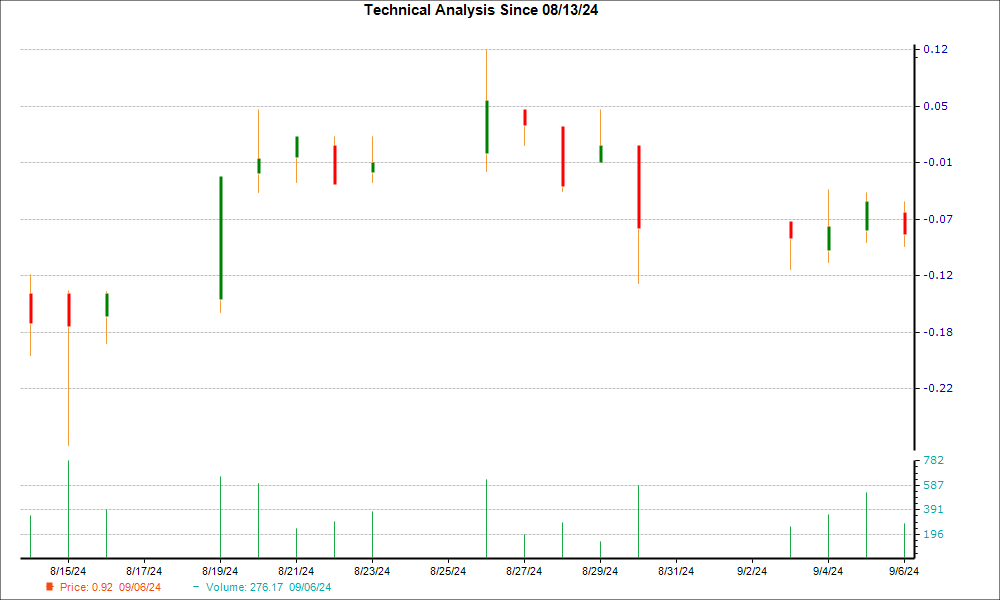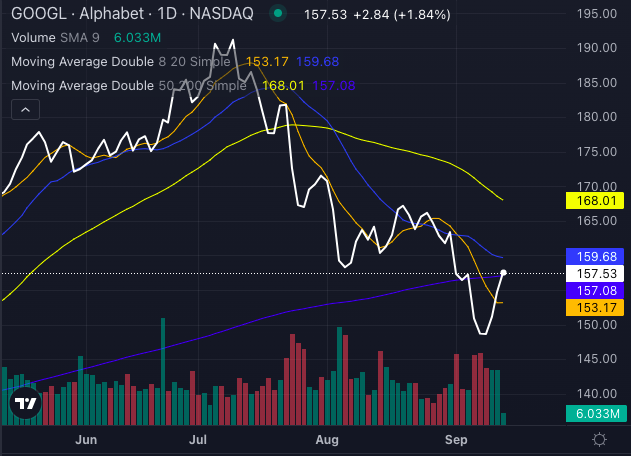
Nvidia Corp. NVDA delivered exceptional quarterly results on Wednesday, surpassing analyst expectations across most segments. Nevertheless, the 4% year-over-year decrease in automotive revenue raises concerns about the adoption of self-driving technology in electric vehicles (EVs).
Gene Munster, a fund manager at Deepwater Asset Management, expressed disappointment about the segment’s performance, indicating it as a leading indicator for the adoption of self-driving tech. He voiced, “Self-driving cars will take time and have a GPT momentum.” In spite of the decline, Nvidia’s Automotive segment reached an annual revenue run-rate of $1 billion in fiscal year 2024, implying sustained interest from some automakers amidst slower-than-expected growth.
Why It’s Important: Self-driving technology offers potentially higher margins through a software-as-a-service model, appealing to EV manufacturers seeking improved profitability. However, concerns persist regarding safety and regulatory hurdles. Public apprehension and lack of clear regulations could significantly impact the timeline for widespread adoption.
Nvidia discussed the continued adoption of its “DRIVE” platform on the post-earnings conference call and highlighted the upcoming “Drive Thor,” which will offer advanced AI capabilities, including autonomous driving and parking, driver and passenger monitoring, and AI cockpit functionality. The progress and commitment of several Chinese automakers including Li Auto, Inc., Geely Automobile Holdings Limited’s Zeekr subsidiary, and Xiaomi Corporation, who are all supplied with self-driving chips by Nvidia, will be crucial indicators for the future of self-driving EVs.
Tesla, also an Nvidia customer, is aiming to reduce its reliance on the chipmaker by developing an in-house supercomputer named Dojo. CEO Elon Musk noted last year that Tesla is utilizing a lot of Nvidia hardware to process massive data collected from its fleet of EVs to perfect its self-driving technology. The KraneShares Electric Vehicles and Future Mobility Index ETF closed Wednesday up 0.51%, according to Benzinga Pro data, suggesting broader EV market optimism.
Read Next: California Judge Urges GM’s Cruise To Raise Settlement Offer By 1.5x In Robotaxi Accident Case




